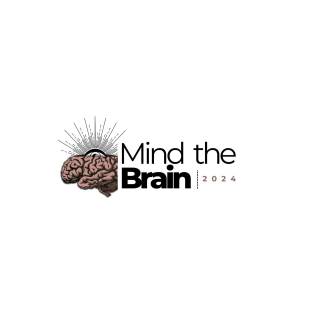Mind the Brain: Conference on Consciousness
Click to buy tickets
How can cells in our heads give rise to the richness of our conscious experience? How do we become conscious of the world around us? And – are answers to these questions even in the reach of science? Come join us at Mind the Brain 2024 for a day of talks all on the topic of Consciousness.
Speakers
Benjy Barnett
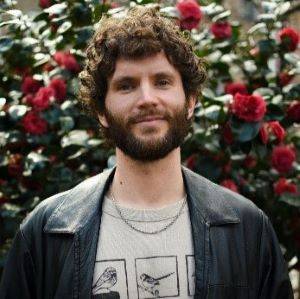
Theme: Overview of consciousness field
Title of talk: “How Neuroscience Tackles the Problem of Consciousness”
Blurb: Benjy Barnett is a PhD student in UCL’s MetaLab, where he uses neuroimaging techniques to explore how the brain supports conscious experiences, and tests whether neural systems underlying conscious perception also govern other aspects of cognition. Throughout his research, he has always stayed close to questions surrounding consciousness: prior to his PhD he spent two years leading an fMRI study at NYU to examine the relationship between awareness and face perception, and before that he completed his Masters at the Sussex Centre for Consciousness Science, using virtual reality to reveal the impact that visual hallucinations have on seeing patterns in noise.
Nadine Dijkstra

Theme: Visual Imagery
Title of talk: "Is that really there or am I just imagining it? How our brain distinguishes reality from imagination"
Blurb: Nadine uses a combination of neuroimaging, machine learning, computational modelling, and psychophysics to study mental imagery and its relationship to perception. In her research, she tries to answer questions such as: "Do we use the same brain areas when we imagine something as when we perceive the real world?" and "how do we keep apart imagination and reality?". Nadine joined the MetaLab in 2019 after completing her PhD in Artificial Intelligence at the Donders Institute in Nijmegen, the Netherlands and is currently working as a Senior Research Fellow at the Wellcome Centre for Human Neuroimaging.
Marcus Glennon
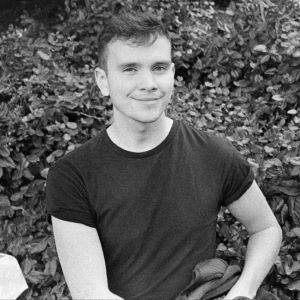
Theme: Psychedelics
Title of talk: "Tripping the Switch: Psychedelics as Disruptors of Memory and Consciousness"
Blurb: Marcus Glennon is a PhD student at UCL studying psychopharmacology and neuroimaging. His research involves investigating the effects of psychedelics on memory, and how these effects may be harnessed to treat memory-based disorders such as addiction. Given that psychedelics are known to produce profound changes in one's conscious experience, and that memory is a central aspect of consciousness, his work provides a unique lens into altered states of consciousness, and their potential clinical utility.
Annika Boldt
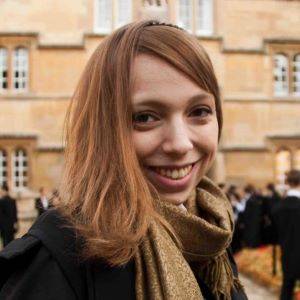
Theme: Metacognition and Consciousness
Title of the talk: Thinking about your own thoughts - the power of metacognition
Blurb: I am a Sir Henry Wellcome Postdoctoral Fellow in the Metacognition and Executive Functions Group at the Institute of Cognitive Neuroscience (University College London), where I work with Professor Sam Gilbert as a Senior Research Fellow. In my research, I am interested in how the human brain is capable of forming and using metacognitive judgements. Metacognition can be defined as thinking about one’s own thoughts and actions. A common example would be our sense of confidence that a recent decision was correct. This important and ubiquitous ability serves to optimise behaviour in countless situations, ensuring that we have control over what we are doing. For example, I often study how metacognition can tell us when to use external aids, such as reminders. To address my research questions, I like to use a broad mixture of research methods, such as behavioural experiments, brain imaging, and computer simulations.
Patrick Haggard

Theme: Free Will
Title of talk: “Looking for free will in the human brain”
Blurb: Patrick Haggard is a Professor of Cognitive Neuroscience at the Institute of Cognitive Neuroscience (University College London). He has two major research themes. The first is the cognitive neuroscience of voluntary action. Experiments in this theme attempt to link the subjective experience of intending and performing manual actions to the brain processes that occur before and after actual movement. The second research theme is the representation of one's own body. These themes are addressed both in perceptual experiments, and in measures of brain activity elicited when subjects refer to a cognitive representation of the body.
Paulina Lukow
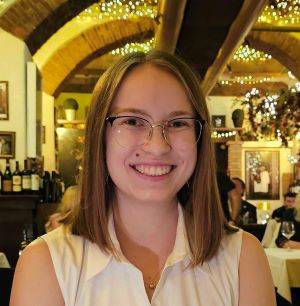
Theme: Emotions, Psychosis and Anxiety Disorders
Title of Talk: The brain, emotions and mental health
Blurb: Emotions make up the lens through which we see the world and our lives, so it is a core component of our conscious experience. For this reason, I am fascinated by how the brain processes emotions, and how that might influence our mental health. My work in this area began in my PhD at King’s College London, where I studied the neuroscience of emotion processing in psychosis. Now, I continue my research of emotions at the Neuroscience and Mental Health Group at ICN, this time looking at it from the angle of anxiety disorders. In my talk, I will cover what we know (and don’t know) about emotion processing in the brain, as well as how that might relate to our mental health.
Danny Ball
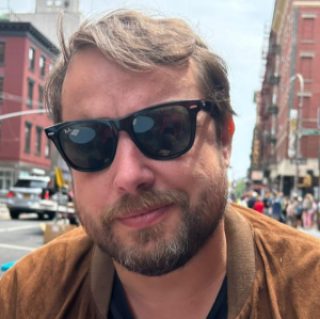
Theme: Time Perception and Consciousness
Title of Talk: How do we experience the passing of time?
Blurb: Danny Michael Ball studied Psychology, with a pathway to neuroscience, as an undergraduate at City University of London. Danny continued his studies at City University, completing a master's degree in cognitive neuroscience. While at City University, Danny worked on the perception of time, and how the brain might combine the multiple clocks used for processing time through vision, audition, and touch. Danny is now working with Professor Vincent Walsh at the Institute of Cognitive Neuroscience, University College London. Danny holds honorary contracts at Guy's and St Thomas's Hospital Trust and Moorfields Eye Hospital, where he is currently conducting active research. His research investigates how the central circadian clock in the brain is affected by specific causes of blindness—those eye diseases that selectively damage the pathway from the retina to the clock. Light is the main signal used to set the timing of the circadian clock, and when damage to the retina disrupts this signal, the central clock can no longer align internal time with the external world. Danny employs computational techniques to understand how light and non-light timing cues, like temperature, might be combined to adjust clock functioning.
 Close
Close


